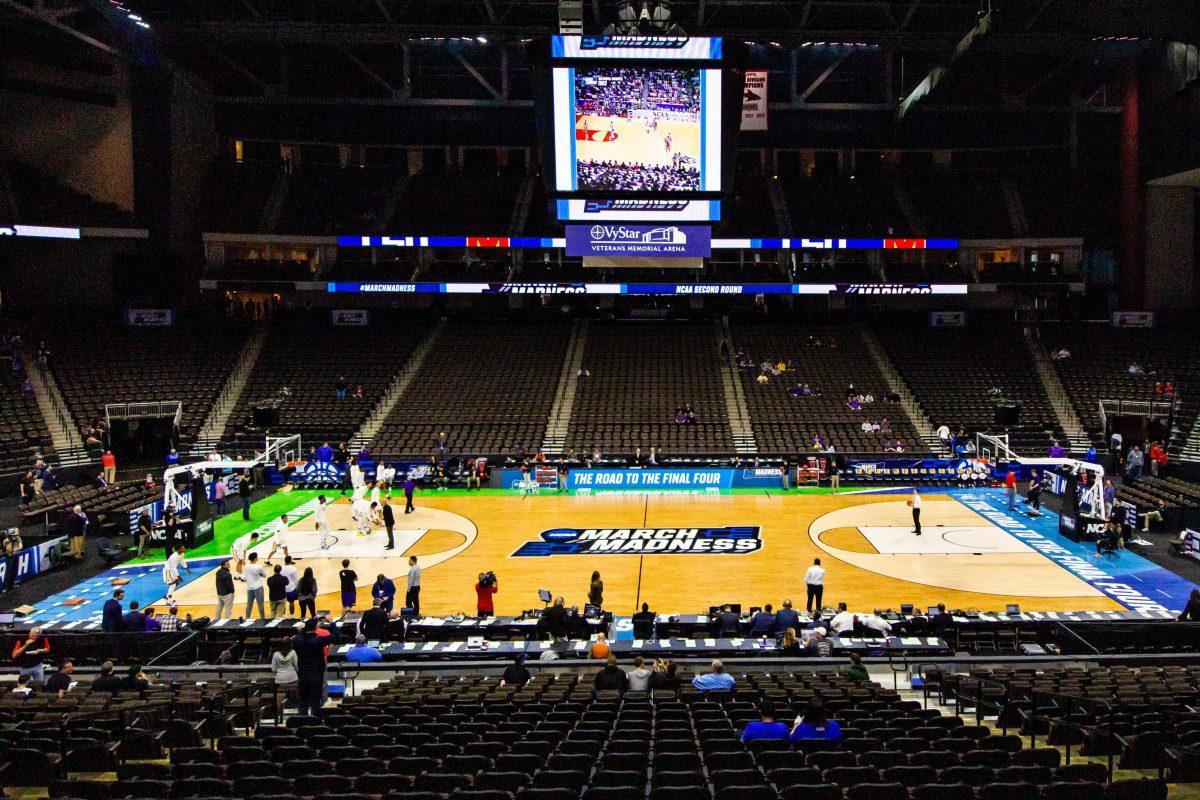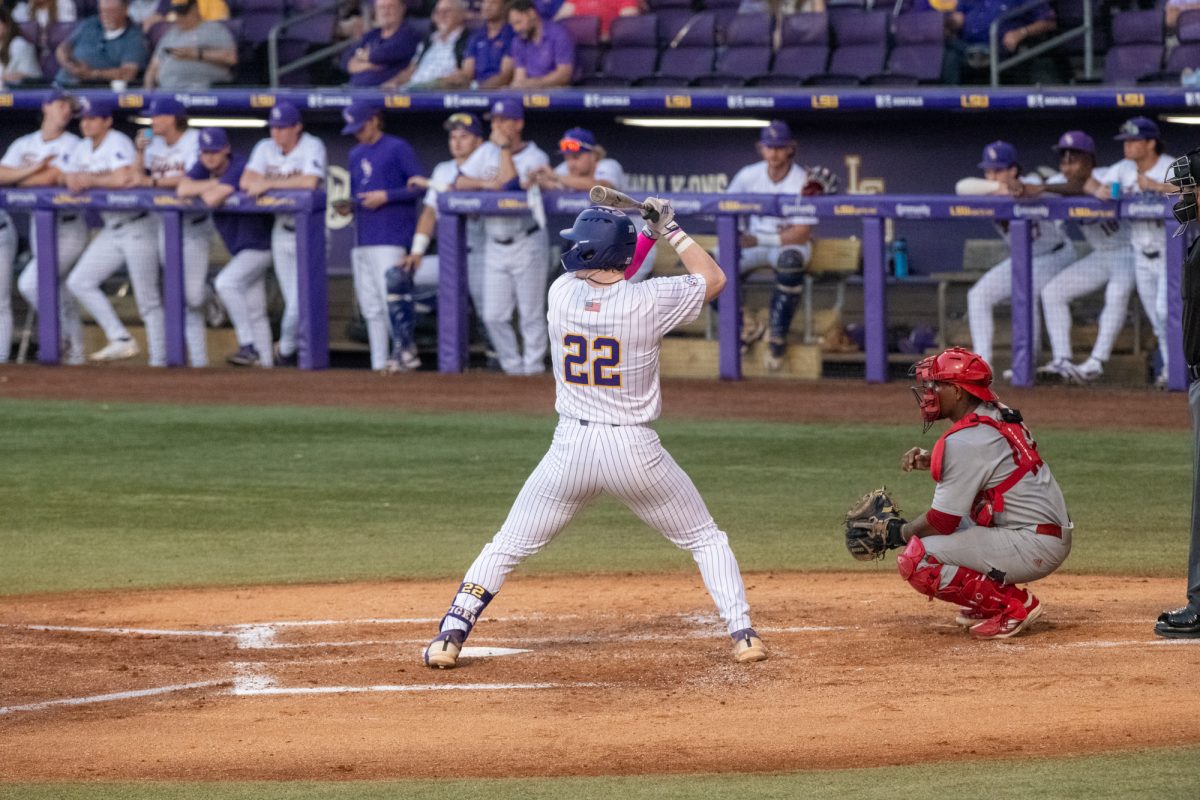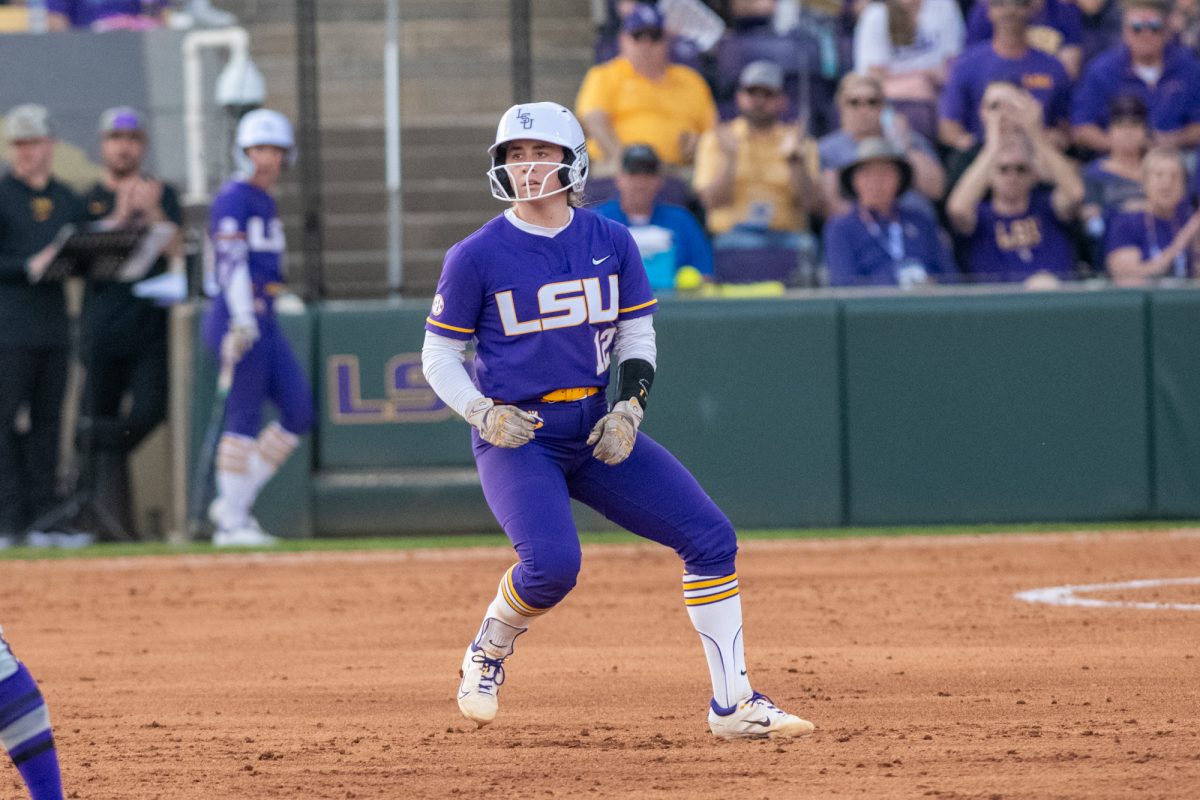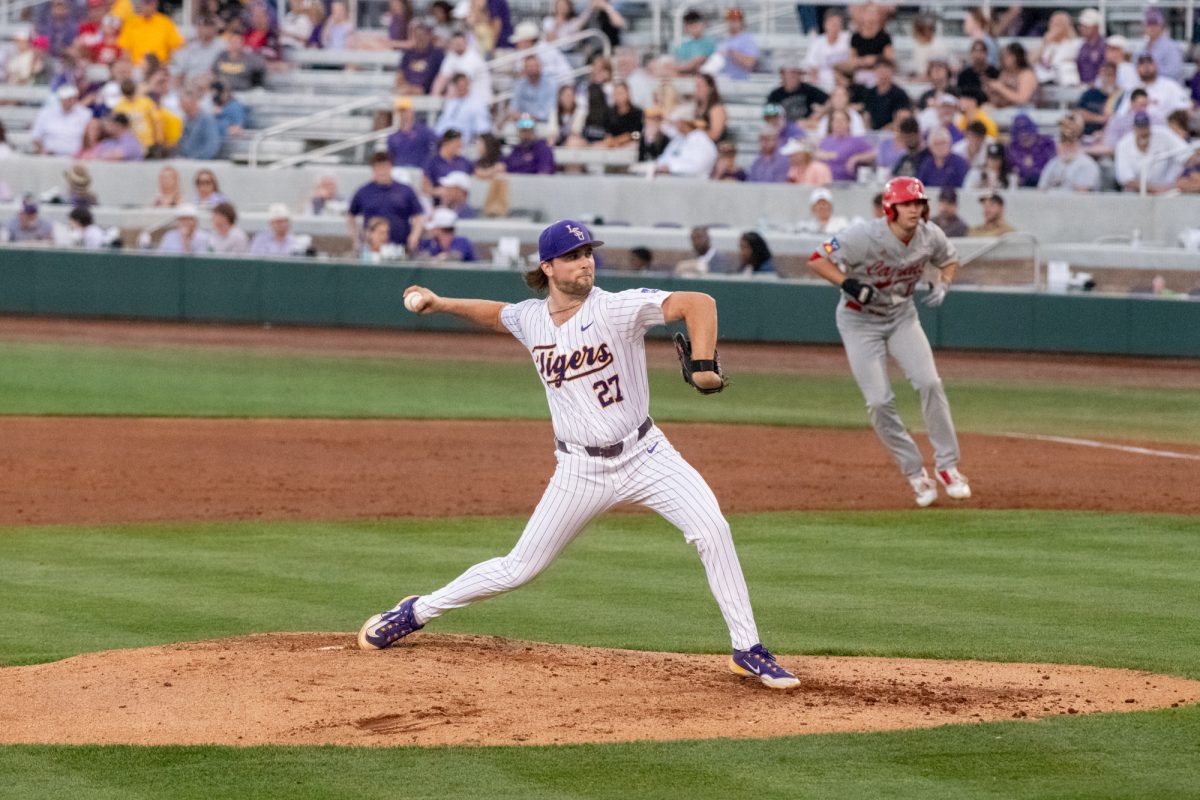In the ever-changing world of collegiate athletics, the NCAA has recently taken steps to ensure the safety and well-being of its athletes.
At the forefront of these actions is NCAA President Charlie Baker, who wants to crack down on these pressing issues before they become a problem, one of them being player prop bets.
Prop bets are wagers that do not correlate with the game’s final score but rather the individual stats of the players. Bettors can wager whether a player’s in-game numbers will go over or under a specific benchmark or if a player will record a particular statistic in the game. The first prop bet ever was the latter.
Prop bets have been a prevalent wager since its inception nearly four decades ago. In 1986, Las Vegas saw its first-ever prop bet. At 20-1 odds, bettors could wager for Chicago Bears’ defensive lineman William “The Refrigerator” Perry to score a touchdown in Super Bowl XX.
The first prop bet was a success: The Fridge fell into the end zone during the Bears’ 46-10 route of the New England Patriots, and prop betting never looked back.
With sports betting’s recent American takeover, more eyes and scrutiny have come on the industry’s evil and ugly sides. According to the American Gambling Association, U.S. bettors were expected to wager a record $2.72 billion through legal sports books on this year’s March Madness tournament.
All that money being wagered and a lot of it being lost can bring a lot of uncontrollable anger from bettors, who will go as far as to threaten players for their underwhelming play.
“Our student athletes are going to class, they’re more available in the community,” San Diego State athletic director JD Wicker said. “So there’s a lot more opportunity for one of them to be pressured, for them to have something negative happen because maybe they miss the free throw or they miss the over the under, all those types of things.”
The fear of student-athletes being more at risk than their pro counterparts is real. The NCAA surveyed the conclusion of 2023’s March Madness tournament and found that 58% of 18-22-year-olds are gambling, the perfect age range for college students.
“Basically tracks ugly, nasty stuff that’s being directed at people who are participating in their tournaments, and we’d use it the same way,” Baker said following the partnership’s announcement in January. “And it can shut it down or basically block it. And in some cases even track back to where it came from.”
The NCAA recently partnered with Signify, a data science company that works with the NBPA and the WNBA to identify online threats made towards athletes often linked to sports betting.
With prop bets also comes concern over the integrity of the game. Look no further than the NCAA’s big brother, the NBA, who’s investigating activity surrounding Toronto Raptors forward Jontay Porter. Porter’s unders were the most hit prop bet on two occasions when he hit the bench early.
On Wednesday afternoon, NBA commissioner Adam Silver said that Porter could be banned from the league permanently if the accusations are true, referring to it as a “cardinal sin.”
The NCAA doesn’t want any doubt about the integrity of its games.
“Sports betting issues are on the rise across the country with prop bets continuing to threaten the integrity and competition and leading to student athletes and professional athletes getting harassed,” Baker said. “The NCAA has been working with states to deal with these threats and many are responding by banning college prop bets.”
However, the NCAA can’t outlaw player prop bets alone: Each state must decide.
A week after Baker called for more states to take action, Louisiana became the next domino to fall. On April 3, the Louisiana Gaming Control Board issued an order to ban all collegiate player prop bets starting on August 1 of this year.
While many states allow collegiate player prop bets on teams outside the state, Louisiana joins Maryland, Ohio, and Vermont on the list of recent states to ban them altogether. New Jersey, Kansas, and Wyoming will all consider the ban at a May 9 meeting.
“It is the intention of the Louisiana Gaming Control Board to protect the integrity of sports betting as well as the safety and integrity of college athletes,” LGCB chairman Ronnie Johns said. “We feel that this order accomplishes that goal.”










